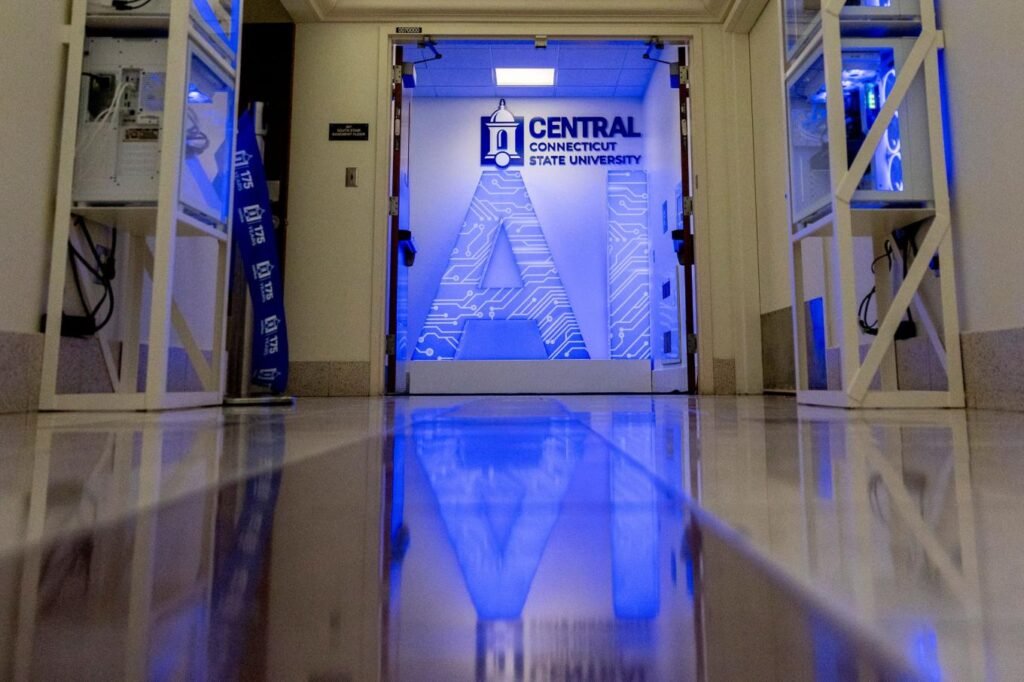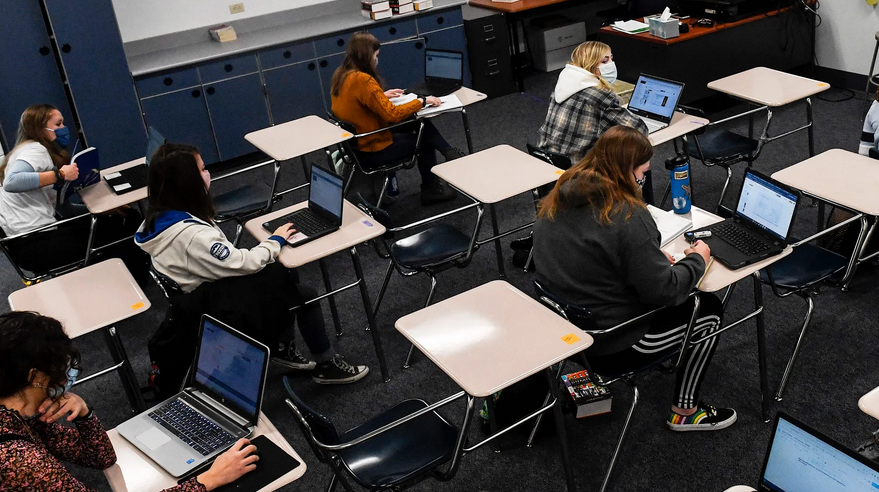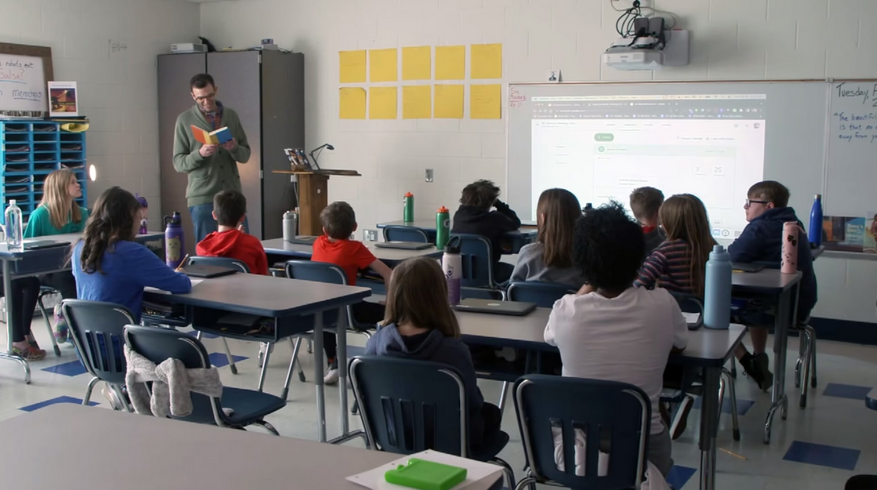CCSU Bans ChatGPT & QuillBot in Student Projects Amid Academic Integrity Concerns
A New Era of Academic Integrity at CCSU
In a significant move aimed at preserving academic honesty and traditional learning values, Central Connecticut State University (CCSU) has issued a directive banning students from using AI-powered tools like ChatGPT and QuillBot in academic projects and written assignments—unless explicitly permitted by professors. This policy marks CCSU’s stance in the growing global debate over the use of artificial intelligence in education, raising critical questions about fairness, originality, and the future of academic integrity in the age of machine-generated content.
Why CCSU Took Action
Central Connecticut State University (CCSU) recently clarified its policy on student use of generative AI tools like ChatGPT and QuillBot for coursework and projects. While not unique among modern institutions, CCSU encourages ethical AI literacy but assigns decision-making authority on tool usage to individual professors. When instructors explicitly prohibit AI tools in assignments, students must comply or risk violating the Academic Integrity policy.
Policy Details: What’s Allowed and What's Not
Permitted Use: Grammar, spelling, and citation suggestions (e.g. Grammarly).
Explicitly Prohibited: ChatGPT, QuillBot, Copilot, WordTune, WriteSonic, and similar generative writing tools if disallowed by a professor
Consequences: Using blocked tools without instructor permission constitutes academic misconduct, especially if it influences assignment structure or content beyond simple proofreading.
A faculty member explicitly summarized the rule:
“You are NEVER allowed to … use any online or automated ‘helpers’ like ChatGPT, Grammarly, QuillBot … to write, correct, substitute words … or in any other way assist your written work.”
University's Official Position on AI
CCSU promotes a R.E.A.L. framework—Responsible, Ethical, Accountable, Learning-based—for AI integration in education. Its library provides guidance for ethical use, including citation standards and research assistance tools like Scite.AI, deemed more appropriate for student use than generative chatbots. Professors are encouraged to specify their AI policy on syllabi—whether AI is allowed, restricted, or banned.
Why the Restriction?
1. Academic Integrity and Learning
CCSU faculty have expressed concerns that students using AI for essays or project-writing may lose essential skills, including critical thinking, research ability, and communication. A professor noted that:
AI reliance is “the intellectual equivalent of training for a marathon by having someone else do practice runs…” and leaves students unprepared.
2. Integrity Enforcement
Without professor-provided guidelines, usage of ChatGPT or QuillBot may result in misconduct proceedings—even when students claim they only used such tools for idea generation or editing.
3. Fairness in Enforcement
Student Sentiment & Classroom Impact
While AI tools remain popular, many students feel uneasy and uncertain about their use, especially in contexts where policies are inconsistent or poorly communicated:
Focus group research revealed students worry about being labeled “lazy” or unethical by peers or faculty when using AI.
- Many report confusion over expectations: “We’re not on the same page with students and teachers…”
Broader Debate: Ban vs Integration
CCSU is not alone in grappling with AI’s role in academia. Some institutions have banned ChatGPT outright or restricted laptop use during exams, while others integrate AI into pedagogy—embedding prompts, requiring AI disclosure, or even using AI-generated feedback in class.
This divergence reflects a broader debate:
Proponents of ban argue AI undermines essential cognitive skill-building.
Critics claim bans are impractical and suppress innovation—similar to early calculator prohibitions.
What Students Should Know & Do
Check Your Syllabus and Professor Instructions
Phrases like “AI not permitted” or “no generative tools allowed” mean do not use ChatGPT, QuillBot, etc.
Follow R.E.A.L. Principles
Use AI only if permitted, cite output clearly, and never rely on it for content creation.
Build Your Own Skills
Essays and projects are for learning—avoid outsourcing thinking to AI.
Prepare for Detection
Keep drafts and revision history; if flagged, be ready to explain your process.
Raise Questions if Policies Are Unclear
Ask faculty for clarity early—many student concerns stem from ambiguous guidelines.
Concluding Thoughts
CCSU’s ban on ChatGPT and QuillBot for projects underscores a growing tension: how to embrace AI’s potential while preserving academic rigor and equity. By delegating decision-making to professors under a broad integrity framework, CCSU aims to foster responsible use—but inconsistencies and enforcement risks remain.
As AI becomes mainstream in education, students must navigate shifting expectations and carefully align with institutional rules. Ultimately, the debate at CCSU reflects a global challenge—how to balance innovation with integrity in a world transformed by intelligent tools.



